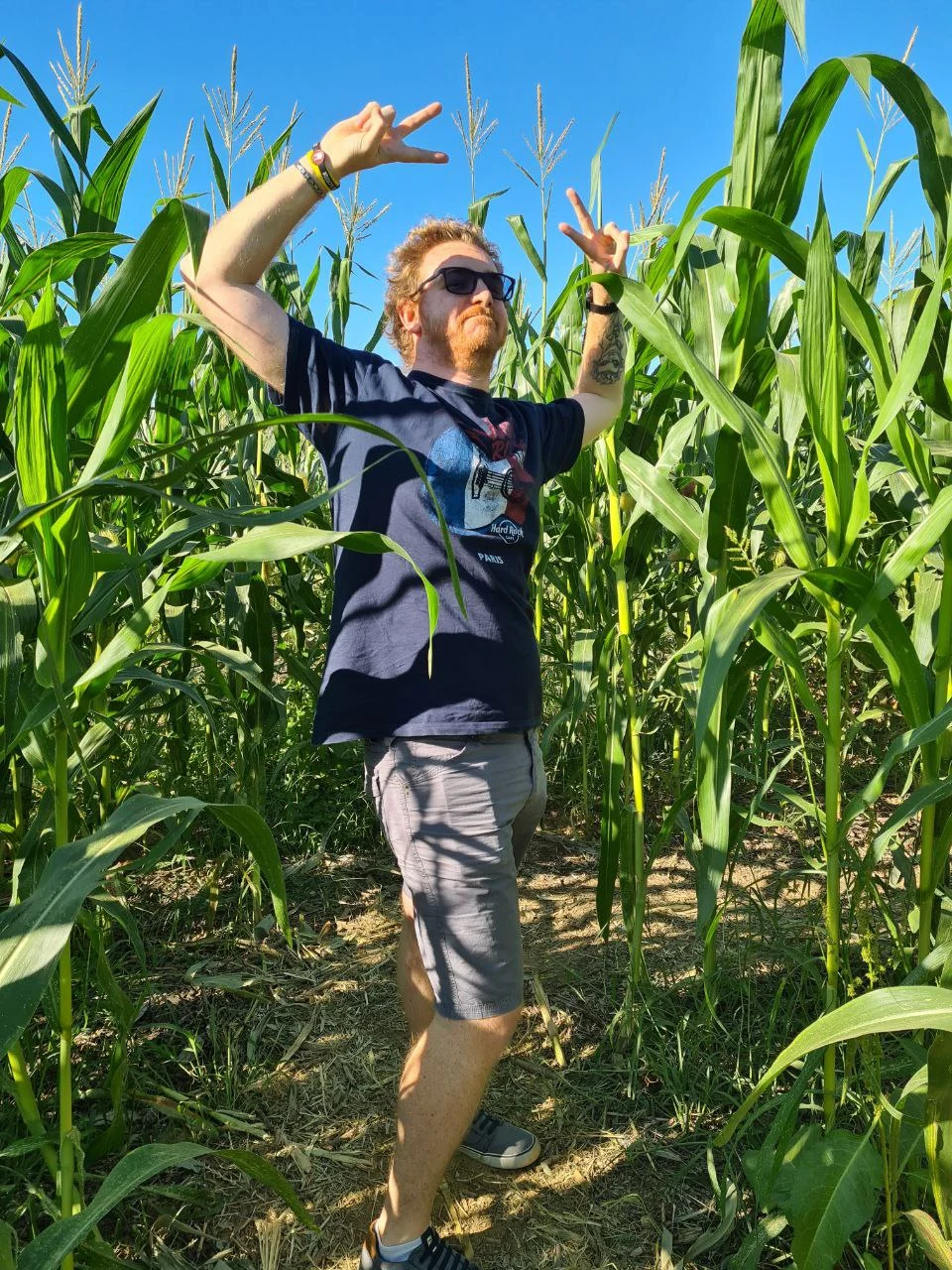cross-posted from: https://feddit.it/post/5531459
2024: announcing the year of the OpenStreetMap vector maps | OpenStreetMap Blog
Grosse novità all’orizzonte! Quest’anno dovrebbe essere l’anno in cui su OSM.org arriverà finalmente un layer vettoriale.
Good!
Vector maps were always an obvious choice, and SVGs have been available for 25 yrs, what I don’t get is why raster became the fashion? Is it related to evolution of client-side processing power?Maybe it’s just harder to break vectors into tiles for partial downloads. You have to know not only the vector coords that are in the tile but also all those that connect to those within the tile
Vector tiles represent a significant advancement in how map data is processed and presented. Unlike traditional raster tiles, which are static images with pixels, vector tiles are like the ‘SVGs’ of the mapping world: you get lines and points. This stores geodata in a format that allows for dynamic styling and interactivity, enabling the user to adapt the visual appearance of the map without altering the data. If that sounds like what you’ve seen on other maps, you are right! Vector tiles have become industry standard in interactive maps that, unlike openstreetmap.org, don’t get updated often, and where you can simply recalculate your whole database occasionally.
I still don’t understand the difference between raster tiles and vector tiles. Can someone ELI5? How does a map with vector tiles look different to a map with raster tiles?
Raster tiles are images made out of pixels, getting staircase edges or blurriness when you zoom a lot. Vector tiles are made out of lines and shapes only after to be converted to pixels, so one can infinitely zoom in and out while keeping beautiful rendering with low bandwith needed.
deleted by creator
I am excited by this.
Congrats to @[email protected]
Raster is better for contiguous areas really, lossy compression can be helpful!
Think height maps, climatology datasets, coasts/land/rivers, deltas/swamps etc
Vector data and tiles make soo much more sense though for 99% of OSM, kudos on the switch. Will we also see a switch to maplibre I wonder? Or more compatible I do suppose
This sounds huge for OSM.org’s usability, but does it affect anything downstream?
More specifically (for me), will lead to being able to download vector maps that are editable in, say, illustrator?
You can do that now, there is an SVG export option on the site.


